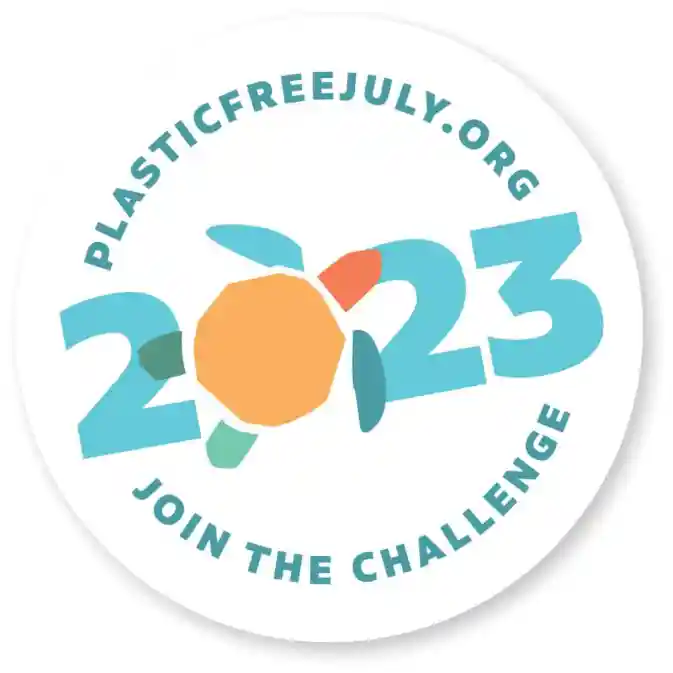Plastic pollution has emerged as one of the most pressing environmental challenges of our time. The excessive use and improper disposal of plastic has resulted in a global crisis that threatens our planet’s delicate ecosystems and human well-being. From the deepest ocean trenches to the highest mountaintops, plastic waste has infiltrated every corner of the Earth, causing irreversible damage to our environment. In this blog post, we will delve into the reasons why plastic pollution is so detrimental to the planet and why urgent action is necessary.
Environmental Impact
Plastic pollution wreaks havoc on our natural environment. Every year, millions of metric tons of plastic waste end up in our oceans, rivers, forests, and landfills. Marine life suffers tremendously as they mistake plastic debris for food or become entangled in it, leading to injury, suffocation, and death. The fragile balance of marine ecosystems is disrupted as plastic waste persists for hundreds of years, releasing harmful chemicals and microplastics into the water, affecting the entire food chain.
On land, plastic pollution harms terrestrial wildlife as animals ingest or get entangled in plastic waste. Birds, mammals, and reptiles are particularly vulnerable to its harmful effects, disrupting their habitats and endangering their survival. Furthermore, when plastic waste is incinerated, it releases toxic pollutants into the air, contributing to air pollution and climate change.
Threat to Human Health
Plastic pollution not only poses a threat to our environment but also directly impacts human health. When plastic breaks down into smaller particles, it forms microplastics that contaminate our water sources, including tap water and even bottled water. These microplastics can enter our bodies through the consumption of contaminated water, potentially causing harmful health effects.
Furthermore, the production and disposal of plastic contributes to the release of toxic chemicals, such as bisphenol A (BPA) and phthalates, which are known to disrupt hormones and have adverse effects on human reproductive systems. The inhalation of plastic particles during the incineration process also poses respiratory risks, particularly to those living near incineration facilities.
Persistent Pollution
One of the most alarming aspects of plastic pollution is its persistence in the environment. Unlike many other materials, plastics do not biodegrade but rather break down into smaller pieces, becoming virtually indestructible. A plastic bottle can take hundreds of years to decompose, while plastic bags and packaging materials can persist for centuries. This means that the plastic waste we generate today will continue to pollute our planet for generations to come, amplifying the scale of the problem.
Disruption of Ecosystems and Biodiversity
Plastic pollution has far-reaching consequences for ecosystems and biodiversity. As plastic accumulates in natural habitats, it alters the physical environment and disrupts ecological processes. The smothering of coral reefs, for example, deprives marine organisms of vital oxygen and nutrients, leading to the degradation of these fragile ecosystems. Additionally, the introduction of non-native species through floating plastic debris can have devastating effects on local flora and fauna.
The decline of biodiversity caused by plastic pollution jeopardizes the intricate interdependencies that sustain life on Earth. The loss of species and disruptions to ecosystems can have cascading effects, leading to imbalances that affect food security, ecosystem services, and human well-being.
Plastic pollution is undeniably detrimental to our planet. It threatens marine and terrestrial ecosystems, endangers wildlife, compromises human health, and contributes to climate change. Urgent action is needed to combat this global crisis. Efforts should focus on reducing plastic production and consumption, improving waste management systems, promoting recycling and alternative materials, and raising awareness about the environmental and health impacts of plastic pollution.
By making conscious choices in our daily lives and advocating for sustainable practices, we can collectively work towards a cleaner and healthier planet. It is crucial to recognize that the fight against plastic pollution requires the active participation of individuals, communities, industries, and governments alike. Together, we can make a significant difference and protect our planet for future generations.
Bronwyn Reid | July 2023

